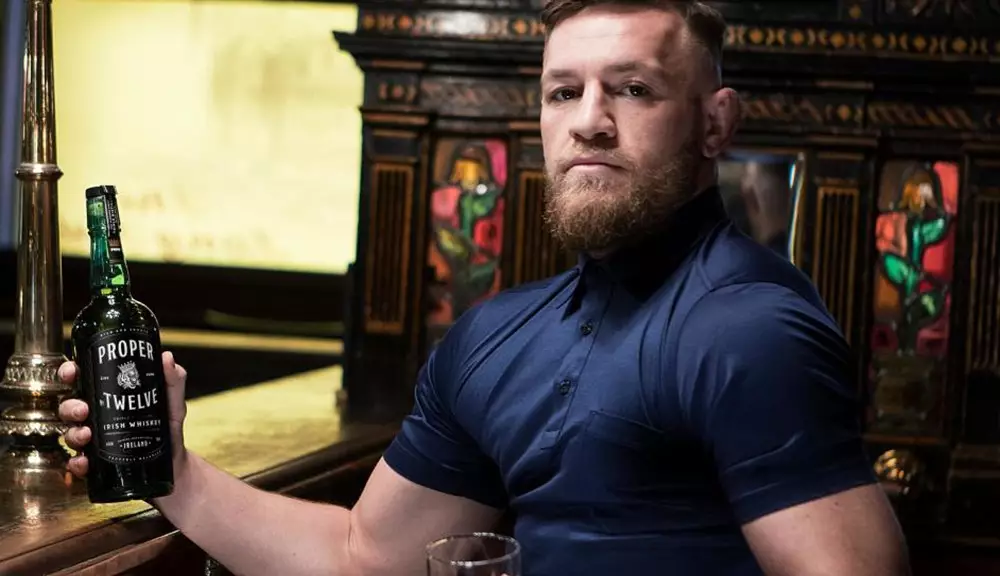In a decisive shift, Proper Twelve Irish Whiskey has severed its ties with Conor McGregor, a move that reflects a growing trend within brands to dissociate from controversial figures. According to a recent announcement made by Proximo Spirits, which has owned the whiskey brand since 2021, the company will no longer utilize McGregor’s image or name in promotional efforts. This decision comes amidst serious allegations against the UFC fighter, culminating in a court ruling that found him liable for a sexual assault incident that occurred in 2018. Such developments not only have a significant impact on McGregor’s brand as a public figure but also illustrate how corporate identity can be closely tied to the reputations of its ambassadors.
The jury’s decision to hold McGregor accountable for damages towards his victim, who testified about the trauma inflicted upon her, marks a dramatic turn in the narrative surrounding the athlete. The financial penalty of around $260,000 demonstrates the legal system’s acknowledgment of the harm caused, elevating this incident from mere rumors to a matter of legal record. Despite McGregor’s insistence on his innocence and an intention to appeal, the implications for his image are profound. Public perception is often shaped not only by performance in the ring but also by conduct outside of it. In this instance, McGregor’s attempts to maintain his public persona are crumbling under the weight of serious allegations.
Corporate Decisions Amidst Scandal
Proximo Spirits is not alone in its decision to move away from McGregor; video game developer IO Interactive also declared that he would no longer be featured as a character in their popular title, “Hitman.” This double blow within a short span represents a broader movement across industries where brands are increasingly taking a stand against figures embroiled in scandal. It underlines a palpable shift where corporations prioritize their public image and values over lucrative partnerships. By distancing themselves from McGregor, both Proper Twelve and IO Interactive signal that their commitment to social responsibility supersedes monetary gain.
Perhaps most telling is the silence from the UFC, the organization that has propelled McGregor into the limelight. While fans and the media eagerly await the organization’s response to the legal ruling, their lack of statement could indicate a reluctance to jeopardize McGregor’s financial draw. This lack of engagement on the part of the UFC raises questions regarding the values held by sports organizations and their tendency to overlook personal misconduct when a fighter is a significant revenue generator. The juxtaposition of a fighter’s actions against an organization’s brand ethos is a delicate balance; the UFC’s continued silence thus far indicates a complex relationship with accountability.
The unraveling of Conor McGregor’s brand, exemplified by Proper Twelve’s recent decisions, raises questions about the responsibilities athletes have as public figures and the role corporations play in endorsing them. As McGregor faces the repercussions of his actions, it serves as a crucial reminder of how quickly public opinion—and corporate affiliations—can shift. The fallout from this incident may well redefine not only McGregor’s legacy but also influence how brands engage with athletes moving forward in an era increasingly focused on corporate responsibility and social principles.

